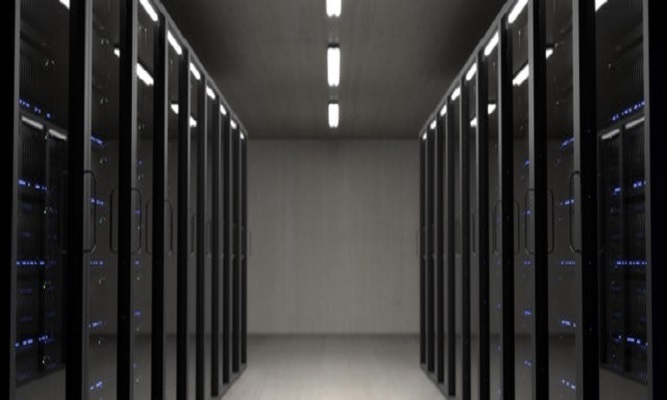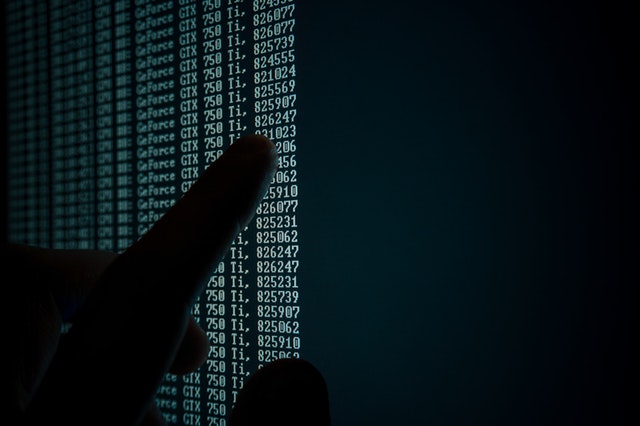AI algorithms intended to root out welfare fraud often end up punishing the poor instead
President Donald Trump recently suggested there is “tremendous fraud” in government welfare programs.
Although there’s very little evidence to back up his claim, he’s hardly the first politician – conservative or liberal – to vow to crack down on fraud and waste in America’s social safety net.
States – which are charged with distributing and overseeing many federally funded benefits – are taking these fraud accusations seriously. They are increasingly turning to artificial intelligence and other automated systems to determine benefits eligibility and ferret out fraud in a variety of benefits programs, from food stamps and Medicaid to unemployment insurance.
Of course, government agencies should ensure that taxpayer dollars are spent effectively. The problem is these automated decision...


